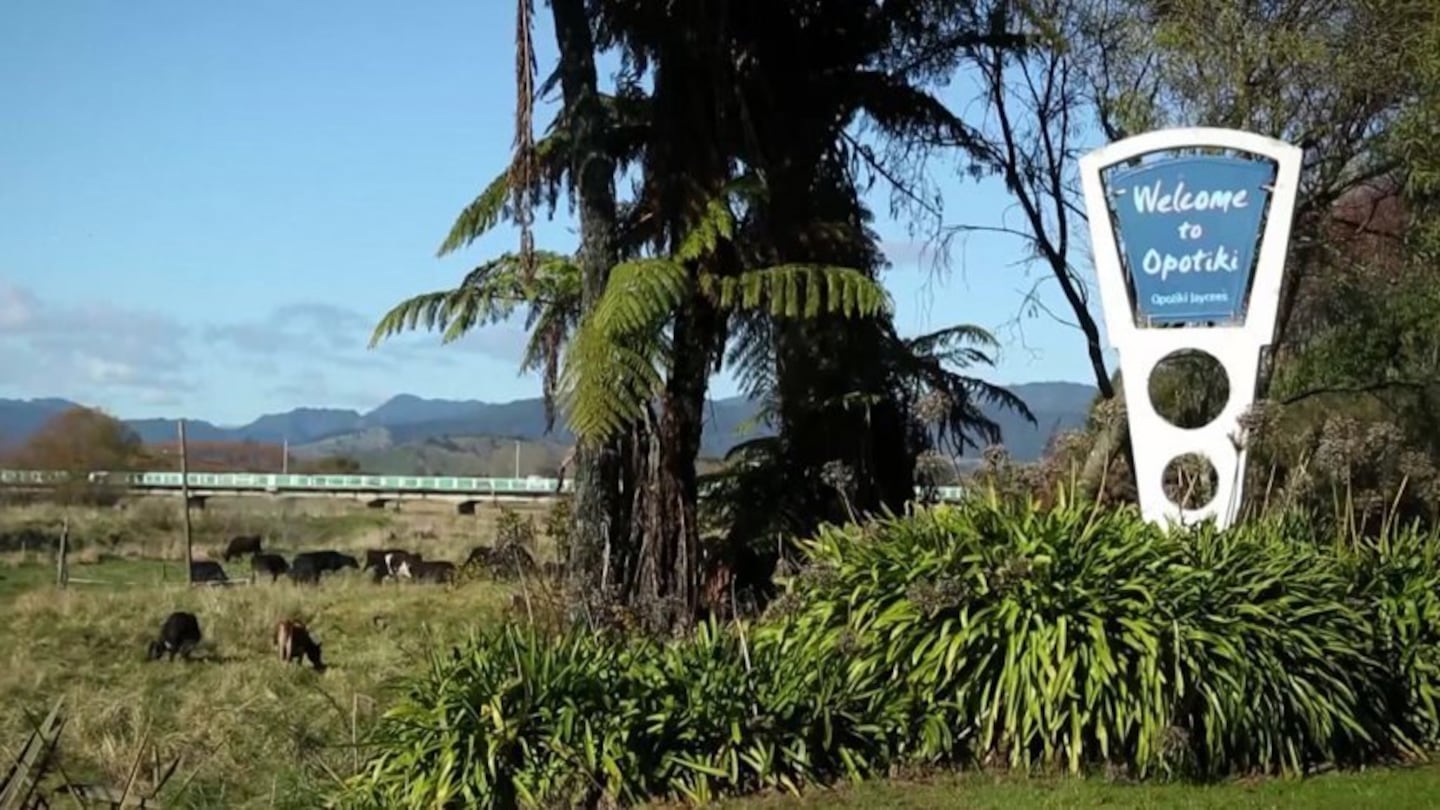Te Whānau-ā-Apanui and Ōpōtiki District Council are uniting in a call to restrict movement in and out of the rohe during the summer break, urging people not to come, to prevent Covid-19 spreading to the vulnerable.
Louis Rapihana, an Ōpōtiki councillor and member of the iwi response unit for Te Whānau-ā-Apanui, says the uncertainty of new variants and continued Covid-19 spread across the motu means the message from his iwi and council couldn't be simpler: 'Stay away'.
"Last year, when Covid first arrived, we spent many weeks on our rohe boundary, making sure we knew who was coming and going and asking that people don’t stop or stay in the area and increase the risk of spreading the virus."
"This time, having checkpoints is just too much of a risk for our people and so we are relying on visitors and whanau to listen and to understand our request that people don’t come up the coast this summer.
"We are remote, most people are more than three hours from the nearest hospital, and we have a lot of vulnerable and elderly in our communities," Rapihana said.
Speaking to his role in the iwi response unit, Rapihana says the memories of the 1918 flu pandemic that ravaged the iwi are never far from mind.
Isolation camps
"Our iwi saw a huge loss of life, with the generation of the early 1900s. Hapū had introduced new tikanga to help fight the virus of that time as we are doing here today. Our people set up isolation camps for those who contracted the deadly virus.
"Again we have put measures in place to do the same, so we know what we have to do and we will do what it takes to protect ours and those that live within our boundaries.' he said.
The region had its first cases of Covid-19 in the community just two days ago. Rapihana concedes it has among the highest Māori vaccination rates in the country but that doesn't change the iwi's position.
"We do have some of the highest vaccination rates in the country and this is thanks to the great effort made by our very small medical team, but keeping people and covid out is our first and best defence against this virus," Mr Rapihana said.
Ōpōtiki District Council chief executive Aileen Lawrie said there had been similar calls from other iwi in the district including Whakatōhea and Ngaitai and the council was keen to support the kaupapa.
Backing the iwi
"Last year, we supported Te Whānau-ā-Apanui along with the Police and other agencies as they protected coastal communities with community safety zones on their rohe boundaries."
"This time, we want to add our support to their message to keep Covid out of our communities. We simply do not have the resources or facilities, and we don’t yet have high enough vaccination rates, to allow Covid to take hold in our local area.
"We are doing the same and restricting our own staff movements up the coast to an absolute minimum as requested by the iwis," she said.
"Asking people not to travel into vulnerable communities is another way we can help protect each other, and we support our local iwi in their request to keep covid out of their rohe," Lawrie said.

